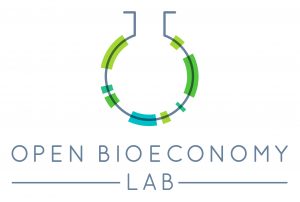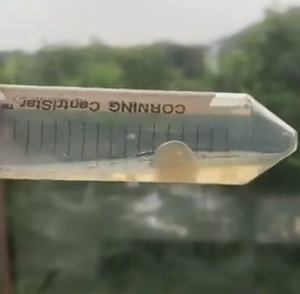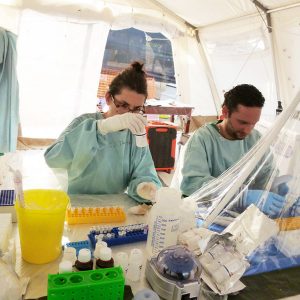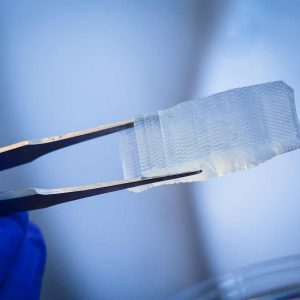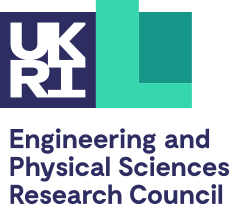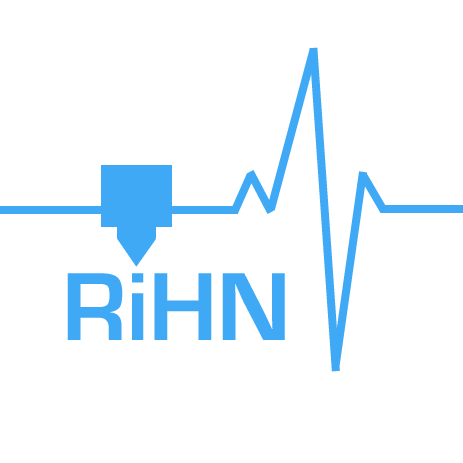AMPlify: redistributed manufacturing of antimicrobial peptides for wound care
Image credit: HeoungSoon on Pixabay
Project Background
Traumatic injuries are at high risk of infections by the ESKAPE pathogens (Enterococcus faecium, Staphylococcus aureus, Klebsiella pneumoniae, Acinetobacter baumannii, Pseudomonas aeruginosa, Enterobacter spp.) which require rapid diagnosis and treatment before they become established and put the patient at risk of debilitating chronic infections and complications such as tissue damage, amputation and sepsis. In the first days after an injury, complications due to such wound infections are one of the most common causes of death. Unfortunately, ESKAPE pathogens are often resistant to frontline antibiotics, making treatment more challenging and requiring specialist pharmaceuticals which can be difficult to access in remote areas, conflict zones or in the midst of humanitarian crises.
To address this challenge, we will prototype a lyophilized reagent to produce antimicrobial peptides (AMPs) on-demand, off-grid and without a cold-chain. AMPs have shown significant promise in wound treatment and are less susceptible to the evolution of resistance than small molecule antibiotics. We will increase AMP stability and enhance their therapeutic properties by immobilisation on a chitosan hydrogel using auto-assembling protein interactions, creating a preparation that is designed for deployment as a frontline treatment in emergency care. AMPlify is based on a Cell-Free Protein Synthesis (CFPS) formulation which is highly flexible and can be “reprogrammed” with DNA to manufacture new and improved AMPs or other therapeutic molecules. CFPS can also be used as a biosensing platform, offering future opportunities to develop a theranostic system that diagnoses specific ESKAPE pathogens then uses genetic logic circuits to activate manufacturing of the appropriate AMP or therapeutic.
Project Outputs
Trello
Project To-Do List
Benchling
DNA Sequences and Lab Notebooks
Grant Proposal
Original application
